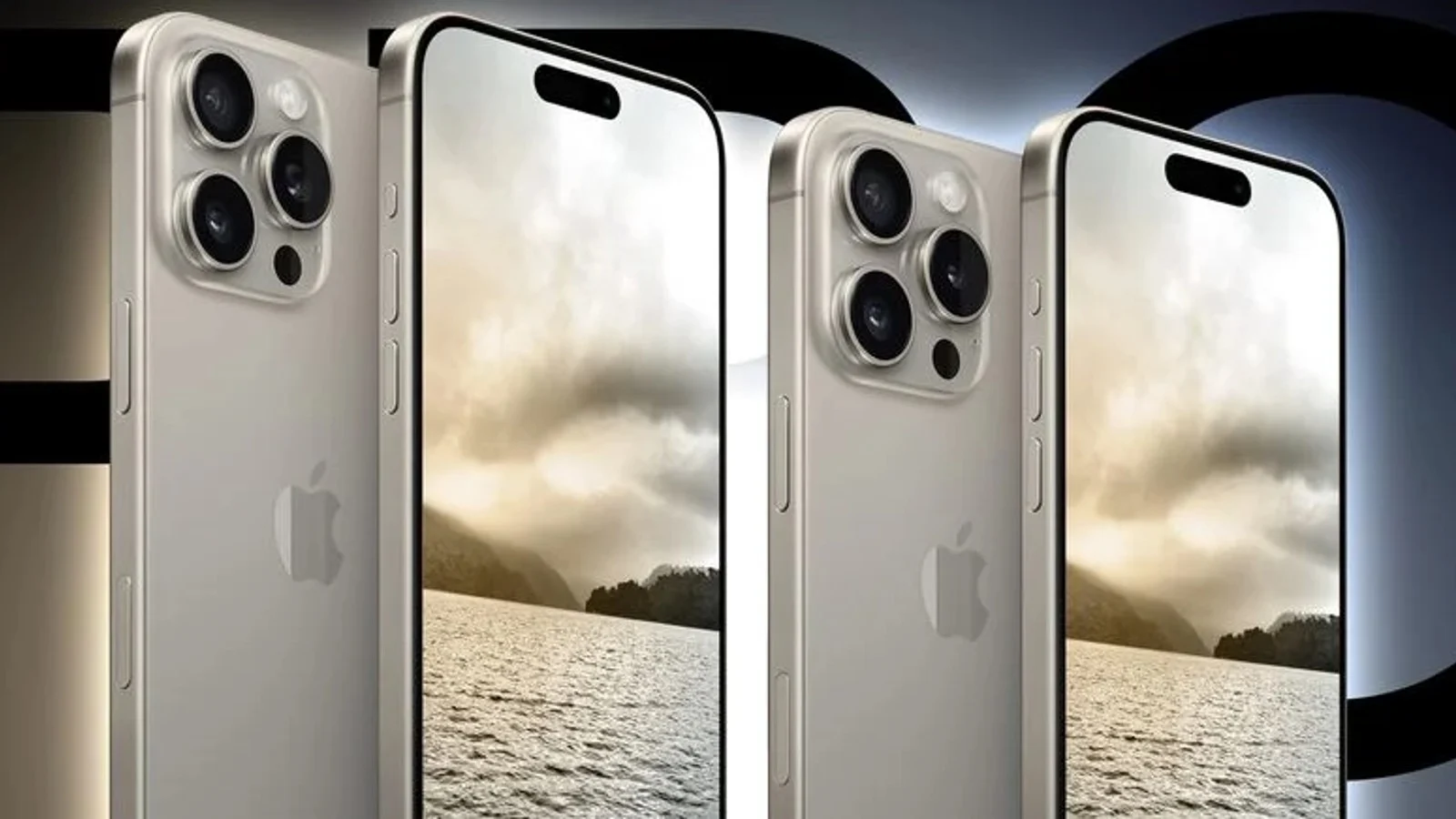In the fast-evolving realm of social media, a new trend is taking shape that could redefine influencer marketing: AI influencers. These digital avatars, engineered through sophisticated AI technologies, are becoming increasingly prevalent, and Generation Z’s reaction to them is both intriguing and indicative of broader shifts in media consumption.
Gen Z’s Engagement with AI Influencers
Recent studies reveal that Gen Z — a generation that’s grown up with digital technology at their fingertips — exhibits a unique stance towards AI influencers. Unlike previous generations, many in Gen Z are drawn to these virtual personalities not just for their novelty, but also for the comfort and distance they provide from the pressures of traditional social media engagement.
Understanding the Appeal
AI influencers like Lil Miquela, who blurs the line between reality and virtuality, offer Gen Z a way to engage with content that’s free from the ‘comparison trap’ often associated with human influencers. The knowledge that these influencers aren’t real alleviates the pressure and envy typically triggered by human influencers’ posts.
The Role of Novelty and Personalization
Initially, the novelty of AI influencers attracts attention. However, as the novelty wears off, the ability of these avatars to deliver personalized and tailored content keeps users engaged. AI technologies enable these influencers to adapt their interactions based on user preferences, making each interaction feel more relevant and engaging.
Continuous Engagement: A 24/7 Phenomenon
Unlike human influencers, who need to take breaks, AI influencers can operate continuously, maintaining a 24/7 presence online. This capability not only keeps the content fresh but also allows constant interaction with followers, enhancing engagement levels.
Gen Z’s Social Media Habits: A Gateway for AI Influence
With over 35% of Gen Z spending more than four hours daily on social media platforms like YouTube, Instagram, and TikTok, the integration of AI influencers into these spaces appears not just feasible but potentially very successful.
Impact on Brand Trust and Marketing
Gen Z’s frequent interaction with AI and digital technologies has led to a nuanced perspective on trust, particularly in online contexts. Increased exposure to AI can enhance brand trust, provided the AI systems are perceived as accurate and reliable. Brands looking to engage with this demographic must consider how AI can be integrated into their marketing strategies to enhance credibility and attract this tech-savvy generation.
Challenges and Opportunities
While the prospects are promising, the rise of AI influencers also presents challenges. The authenticity of interactions and the potential detachment from human touch are concerns that brands need to address. Balancing AI-driven engagement with genuine human interactions will be key to leveraging the full potential of this technology in influencer marketing.
As we move deeper into the digital age, AI influencers are set to become an integral part of social media landscapes. For Gen Z, these digital entities offer a blend of entertainment, personalization, and a respite from the intense social comparisons of traditional media. Brands that understand and innovate within this space will likely find a receptive audience in Gen Z, ready to engage with the new wave of digital influence.

















